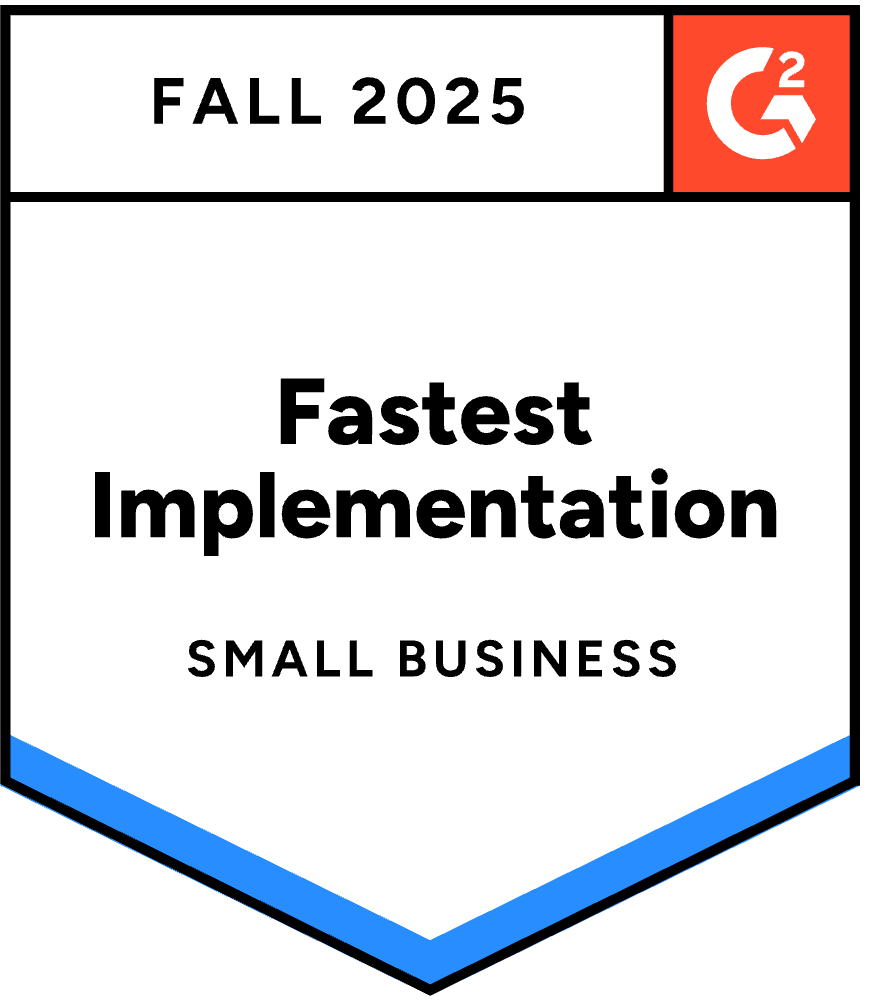Melissa Data Quality Platforms
Melissa's Full Spectrum DQ Approach. Learn MoreMelissa Data Quality Tools
Verify, correct & cleanse contact data in 240+ countries.Melissa Identity Verification
Increase compliance, reduce fraud and improve onboarding. Visit Identity Verification SolutionsMelissa E-Commerce / CRM
Improve customer onboarding, marketing & fulfillment.Melissa Enrich
Gain insight into who and where your customers are.Melissa Industries
See how Melissa's solutions work across industries.Data Hygiene
Keep your mailing list up-to-date, qualify for postal discounts & reduce UAA mail.Data Enhancement
Enrich your consumer or business records for greater insight & omni-channel marketing success.SaaS
Clean and update your data in the cloud, no software to maintain.Verify & enrich your records with multi-sourced, authoritative reference datasets.
What We Do
Add detailed demographic data to your customer and marketing lists for deeper insight
When you append your database with this wealth of demographic data, which includes household income and marital status, residence data, credit information and more, you’ll be able to define the unique attributes of your best customers, predict likely future buying behavior, and identify prospects most like your best customers.
What is Demographic Data?
Demographic data refers to statistical information about a population or a specific group of people. It provides insights into various characteristics of individuals within a given area, such as age, gender, race, ethnicity, education level, marital status, income, occupation, and more. Demographic data is widely used in various fields, including sociology, economics, marketing, public health, and government planning, to understand and analyse the composition and trends of populations.
By studying demographic data, researchers and analysts can identify patterns, make predictions, and formulate policies or strategies tailored to specific populations. For example, governments might use demographic data to allocate resources, plan for infrastructure development, or design social programs. Businesses may use demographic data to target their products and services to specific consumer groups. Overall, demographic data plays a crucial role in decision-making processes across a wide range of disciplines.
How Melissa Performs Demographic Data Enrichment
Here’s How We Do It
Send us your file and our service bureau will add data elements from over 35 million individuals, and over 18 million households in the UK.
Privacy & Turn-Around
With our safe and secure Automated FTP server, your file will process in hours if not minutes! Plus, we can accommodate any size job.

Why Do Businesses Need Demographic Data?
Businesses need demographic data for a variety of reasons, all of which contribute to their success and effective operations. This includes Target Marketing, Product Development, Market Research, Resource Allocation, Customer Personalisation, Sales and Growth Strategies, Competitive Analysis, Risk Assessment, Human Resources Management, Decision Making, Supply Chain Management and Regulatory Compliance.
Demographic data enables businesses to understand their customers, markets, and operational environments more deeply. It guides strategic planning, improves customer engagement, supports innovation, and enhances overall business performance.

Available Demographic Data
Types of Demographic Data Enrichments
Over 200 variables covering a whole range of life stage triggers
Family
Household composition, income, age, life stage triggers (i.e., starting school)
Travel
Travel preferences, types of holidays, business travel.
Car
Car make & model, date of purchase, Insurance type & renewal
Interest
Interest categories including fashion, sports, entertainment
House
House type, value, length of residency
Operator
Provider, contract type, renewal dates
Purchases
Purchase categories including clothing, food, music, beauty
Wealth
Wealth indicators, investments, profession, affiliations
Need Help?
Frequently Asked Questions
Why is Demographic Data important?
In essence, demographic data provides a comprehensive snapshot of a population's characteristics, allowing various stakeholders to make well-informed decisions and design strategies that cater to the specific needs and dynamics of different groups within a society.
How does Demographic Data help marketing & communications?
Demographic data plays a crucial role in shaping effective marketing and communications strategies. By understanding the characteristics and preferences of different population segments, businesses and organisations can tailor their messaging and outreach efforts to resonate with their target audiences. Here's how demographic data helps in marketing and communications: audience segmentation, target advertising, message customisation, product development, brand positioning, localisation, media selection, consumer insights, measurements and evaluation and crisis communication.
Demographic data empowers marketers and communicators to create more relevant and resonant messages, reach the right audience through the most effective channels, and ultimately drive better results for their campaigns and initiatives. It forms the foundation for data-driven marketing strategies that maximise engagement and conversion rates.
What are the types of Demographic Data enrichments?
Demographic data enrichment involves enhancing your existing demographic data with additional information to create more comprehensive and insightful profiles of your target audience. Here are some types of demographic data enrichments: geographic data, household data, income and financial data, education data, occupation and employment data, age and generation data, ethnicity and cultural data, health and wellness data, social media and online behaviour data, purchase and consumer behaviour data, homeownership and property data, lifestyle and interest data, travel and interest data, charitable giving data, environmental and sustainability data, technology adoption data and political affiliation data.
Why use Demographic Data enrichment to gather intelligence?
Using demographic data enrichment to gather intelligence offers several benefits that can enhance your business strategies and decision-making processes. This includes enhanced customer onboarding, precise targeting, tailored messaging, improved product development, geographic expansion, competitive analysis, predictive analysis, segmentation refinement, risk assessment, personalised customer experiences and resource optimisation.
Incorporating demographic data enrichment into your business intelligence strategy empowers you to make informed decisions, minimise guesswork, and tailor your strategies to the specific needs and preferences of your target audience. It enhances your ability to connect with customers on a deeper level and drive meaningful business outcomes.
Achieve Complete Contact Data Management
Melissa's Data Quality tools help organisations of all sizes verify and maintain data so they can effectively communicate with their customers via postal mail, email, and phone. Our additional data quality tools include
Discover Solutions
Ready to Get Started?
On-Prem or Cloud
HIPAA / HITrust & SOC2 Certified
CCPA & GDPR Compliant
99.99% Uptime with SLA
Ready to Start Your Demo?
Start today with Melissa's wide range of Data Quality Solutions, Tools, and Support.






